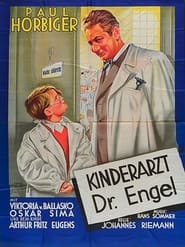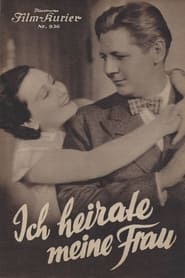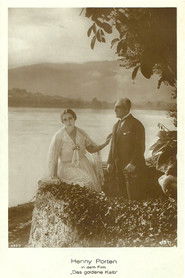detail profile johannes riemann
Peran Yang Di Mainkan Johannes Riemann
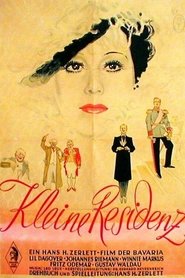 Its 1910 and were in the duchy...
Its 1910 and were in the duchy...Kleine Residenz 1942
It’s 1910 and we’re in the duchy of Lauffenburg. Everybody is celebrating the 600th birthday of the local hero, Otto the Ironman, who in his time saved the duchy from annexation and beat the enemy so badly, that he fled ... well, that’s what it says in the history books, at least. Local gossip asserts, however, that Otto wasn’t even part of the battle and was spending his time having fun with a pretty girl. When one day a piece is introduced at the court theatre, which tells the heroic story of Otto, the director rejects the mediocre story.
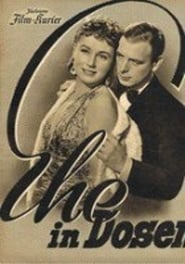 Nora and Peter constantly fight and...
Nora and Peter constantly fight and...Ehe in Dosen 1939
Nora and Peter constantly fight and wish to divorce. Nora's uncle Eberhard, however, believes the two belong together and comes up with a plan to bring the two back together again: as a lawyer, who is processing the divorce, he explains to them that the paperwork for the divorce is completed, but will only go into effect once they undertake a reconciliation attempt. For the first reconciliation meeting, Eberhard enlists the help of his friend Christa and together, they turn Nora into such a hot tamale, that Peter burns with jealousy that any other man might look at her. At the second meeting of the two, which takes place a year later (how long do divorces in Nazi Germany take?!?!), Nora plays the girl abandoned by everyone. In the interim, she's given birth to Peter's son -- which apparently does not count as a reconciliation -- and Peter has become a successful composer. When Nora again disappears after this meeting, Peter does all he can to win her back.
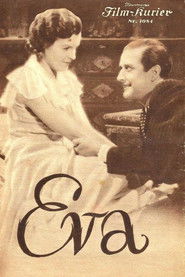 A famous racing driver must give...
A famous racing driver must give...Eva, the Factory Girl 1935
A famous racing driver must give up his sport and take over the management of the porcelain factory on incentive of the vigorous grandmother as the last shoot of an old businessman's family. Unrecognized he is regulated as a worker what a love story with a 20-year-old worker arises from, who leads after incidents in the happy end. - After Franz Lehar's operetta produced comedy
 In the Republic of Utopia because...
In the Republic of Utopia because...The City without Jews 1924
In the Republic of Utopia, because of the bad economic crisis ailing the nation, the Jews are made the scapegoats for the economic and social ills affecting the population; therefore, the government decides to expel them. Leo Strakosch is among the exiled. He is engaged to Counsellor's Linder's daughter. He gets into the Republic, in a clandestine way, to show to the society the wrongness of their anti-semitic prejudice. Bettauer's novel differs essentially from the film version. "Vienna" was named "Utopia." Even a happy ending was provided.
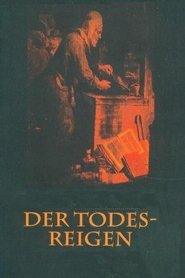 This anticommunist propaganda film discusses the...
This anticommunist propaganda film discusses the...The Circle of Death 1922
This anti-communist propaganda film discusses the revolutionary curse of communism in the Soviet-Union shortly before and after the fall of czardom in Russia, told from the point of view of Belarusians in exile. Anti-communist copy in color which has been discovered, restored and printed by the Royal Belgian Filmarchive.
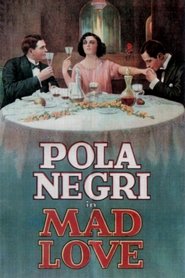 Richard de la Croixs brother Andreas...
Richard de la Croixs brother Andreas...Mad Love 1921
Richard de la Croix's brother, Andreas, has been driven insane by a notorious vamp and socialite named Sappho. A friend takes Richard to the Odeon to meet her, but when Sappho actually meets him, he is unaware that she is the woman who drove Andreas to be institutionalised. Sappho genuinely falls in love with Richard, and decides to leave her vampy ways and her older lover behind her so that she can have him.
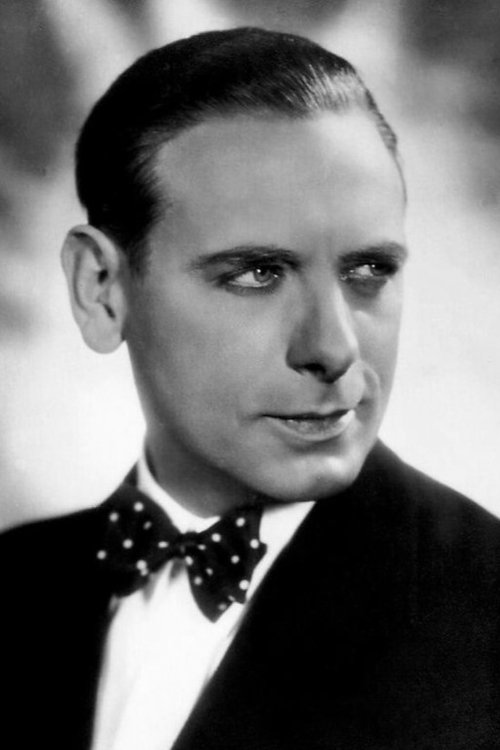
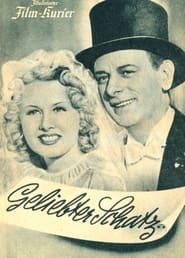 1943 German film
1943 German film